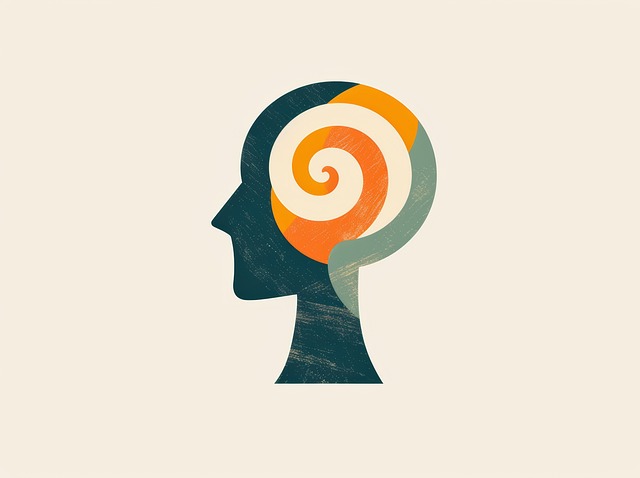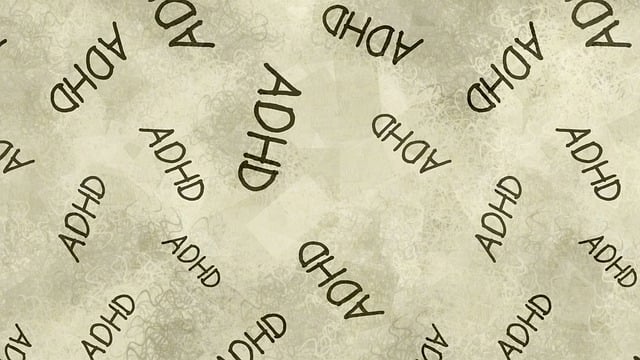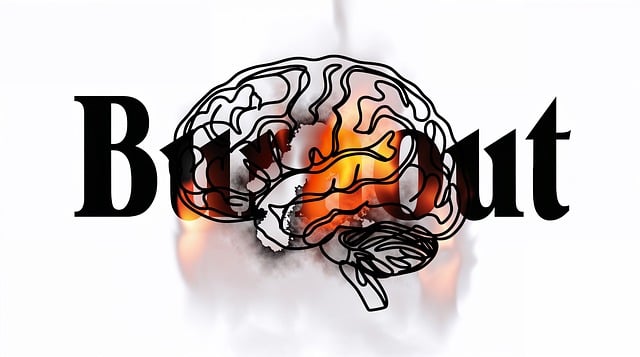Before designing mental health education programs for Wheat Ridge Couples Communication Issues Therapy, conduct thorough needs assessments to understand unique challenges like conflict resolution difficulties, emotional disconnection, and stress management issues. Define SMART goals such as improving communication strategies, managing anxiety, and fostering healthier conflict resolution. Tailor curricula based on these insights to address core needs, improve relationship dynamics, and enhance mental well-being for couples seeking therapy in Wheat Ridge. This approach leverages community feedback to create impactful educational content that overcomes stigma and promotes self-care routines for better long-term mental health and burnout prevention.
Mental health education programs play a pivotal role in fostering well-being and resilience. This article offers a comprehensive guide to designing effective programs, particularly tailored to address Wheat Ridge Couples Communication Issues Therapy concerns. We explore key aspects from initial need assessment and goal setting to curriculum design, content selection, and implementation strategies. By integrating evidence-based practices, culturally sensitive materials, and interactive learning, programs can empower individuals with practical skills for improved mental health outcomes, reflecting the essence of the Wheat Ridge approach.
- Assessing the Need and Defining Goals
- – Identifying the target audience for mental health education
- – Conducting needs assessments to understand community and individual concerns
Assessing the Need and Defining Goals

Before designing a mental health education program, it’s crucial to assess the specific needs and goals of the target audience. In the context of Wheat Ridge Couples Communication Issues Therapy, the first step involves understanding the unique challenges faced by couples seeking therapy in this area. This may include identifying common problems such as conflict resolution difficulties, lack of emotional connection, or stress management issues that significantly impact their relationship. By conducting thorough research and gathering feedback from both clients and therapists, program designers can gain valuable insights into the gaps in existing resources and areas where education could make the most difference.
Defining clear goals is an essential part of this process. For a Wheat Ridge Couples Communication Issues Therapy program, objectives might include improving communication strategies to enhance emotional intimacy, providing tools for managing anxiety and stress within relationships, and fostering healthier conflict resolution skills. These goals should be SMART (Specific, Measurable, Achievable, Relevant, and Time-bound) to ensure the program’s effectiveness and allow for proper evaluation. Incorporating these focus areas will help create a tailored curriculum that addresses the core needs of couples seeking therapy in Wheat Ridge, ultimately leading to improved relationship dynamics and better mental well-being.
– Identifying the target audience for mental health education

Mental health education programs are most effective when tailored to specific populations and their unique needs. For instance, couples experiencing communication issues in Wheat Ridge may benefit from workshops focused on improving relationship dynamics and emotional understanding. These sessions could cover topics like active listening, conflict resolution, and building healthy communication patterns, addressing the root causes of many mental health challenges within relationships.
Targeting healthcare providers with Burnout Prevention Strategies is another crucial aspect. Given the demanding nature of their work, these professionals are at risk of developing stress-related issues that can impact their mental well-being. Incorporating education on positive thinking and confidence boosting techniques into their training could provide much-needed tools to manage workplace pressures, enhance job satisfaction, and ultimately benefit both their personal and professional lives.
– Conducting needs assessments to understand community and individual concerns

Understanding community and individual needs is a crucial step in designing an effective mental health education program. Needs assessments provide valuable insights into the unique challenges faced by those seeking support. In areas like Wheat Ridge, where couples often encounter communication issues that lead to therapy, such assessments can help tailor programs to address specific concerns. By gathering feedback from the community and individuals directly impacted by mental illness, organizers can create relevant and impactful educational content.
This process involves identifying barriers, such as stigma associated with mental illness, and developing strategies to overcome them. Moreover, it encourages the promotion of self-care routine development for better mental health and burnout prevention—essential aspects often overlooked but crucial for long-term well-being. The insights gained from these assessments ensure that education programs resonate with participants, fostering a supportive environment where individuals can learn, grow, and thrive.
In designing a comprehensive mental health education program, especially tailored for communities grappling with issues like Wheat Ridge Couples Communication Issues, a meticulous approach is imperative. By conducting thorough needs assessments, we can identify the unique concerns within these communities. This process ensures that educational efforts are targeted, relevant, and impactful. Through understanding the specific challenges, such as communication difficulties faced by couples in Wheat Ridge, program developers can create engaging content that fosters mental well-being and provides practical tools for improvement. Ultimately, a well-structured program has the potential to revolutionize mental health support in these areas, offering sustainable solutions for better lives.












